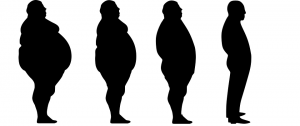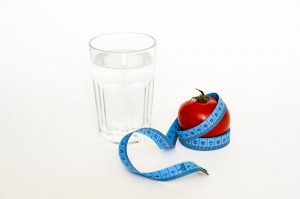You likely wont get a coherent verbal response from an infant until they’re about two years old. Until then, infants are generally associated to have a weak vocabulary and a very minor understanding of the human language. However, studies, like the one done by Bergelson & Swingley, have shown that infants at 6 months of age may be able to comprehend more than what we give them credit for. The study implies that they may even understand the meanings of some common nouns such as “banana” or “hair”.

Source: Flickr
In the study, they presented images to infants between the ages of 6 and 9 months while parents named the objects in the pictures. When named, the researchers found that the infants would gaze towards the associated image. This study suggested that infants were able to understand their parents before 15 months of age, which was previously thought to be the age where understanding began.
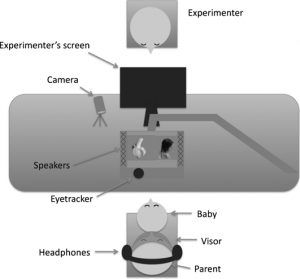
Setup for Bergelson & Swingley’s study on infant understanding. Sourced from their published study,
Now this work inspired further investigation. How much do these infants really understand? Do all infants equally develop understanding of common nouns at the same points in life? Bergelson performed a more recent study that suggested infants are more easily able to tell the difference between words that are semantically unrelated, such as milk and foot, than when they are related (milk and juice). This was the first time infants of this age were observed utilizing their understanding of phonemes to comprehend human language.
It seems obvious that an infant would not be able to make that distinction as easily; however, this lack of distinction is also observed in adult understanding of language. Previous studies have been conducted like the Bergelson & Swingley study, in which images were placed before adult participants and their eye movements were tracked when words were spoken to them. A delay in eye fixation was observed when related images were shown to the adult participant versus images that were completely unrelated. As it turns out, our understanding of common nouns is not far from that of a 6-month old infant. This is the first time a similarity in language comprehension of this scale has been observed between adults and infants at the age of 6 months.
Source: Shutterstock
New developments such as this suggest that infants are learning and developing understanding on a much faster rate than previously thought. It’s worth noting that there are short-comings to this research. For one, there were only 51 children studied and most of the infants were from white, middle-class families. However, this opens the door to further studies on infant cognition. Perhaps next time we talk to a baby, we might be more careful with the words we choose, because it seems that they understand more than what we once thought.


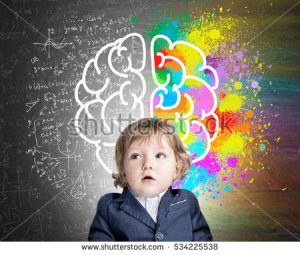
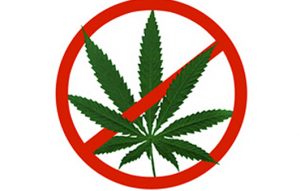


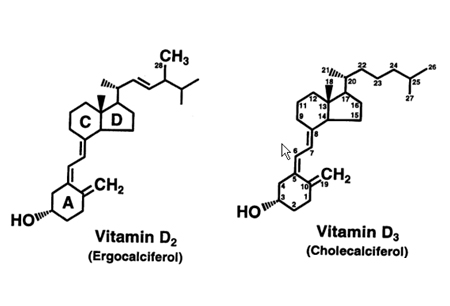
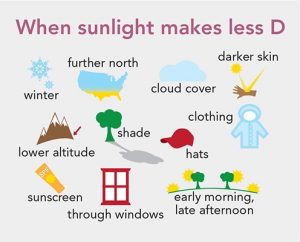
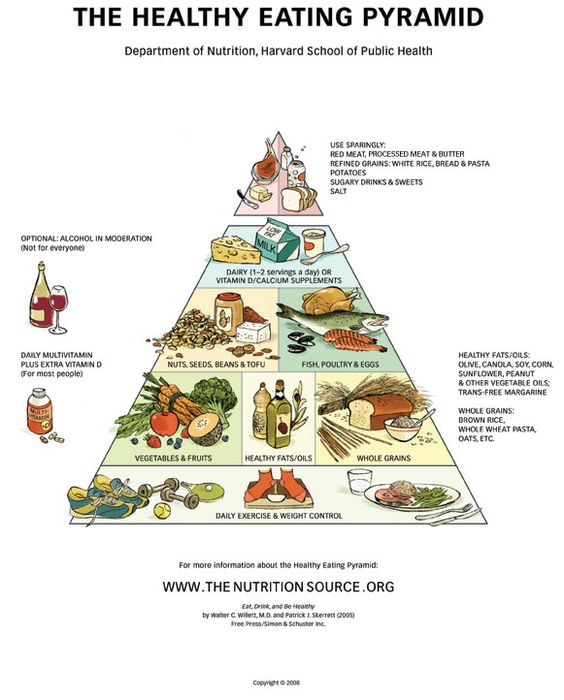
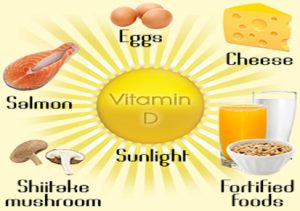
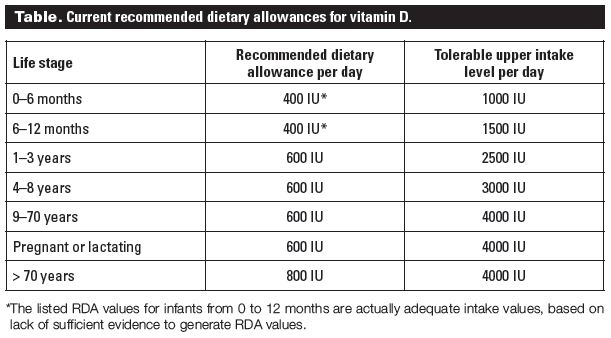

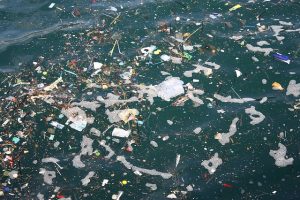
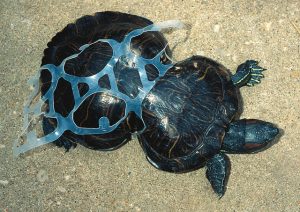
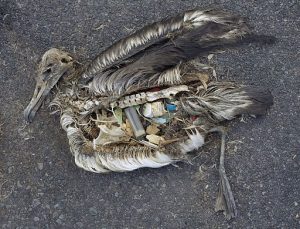
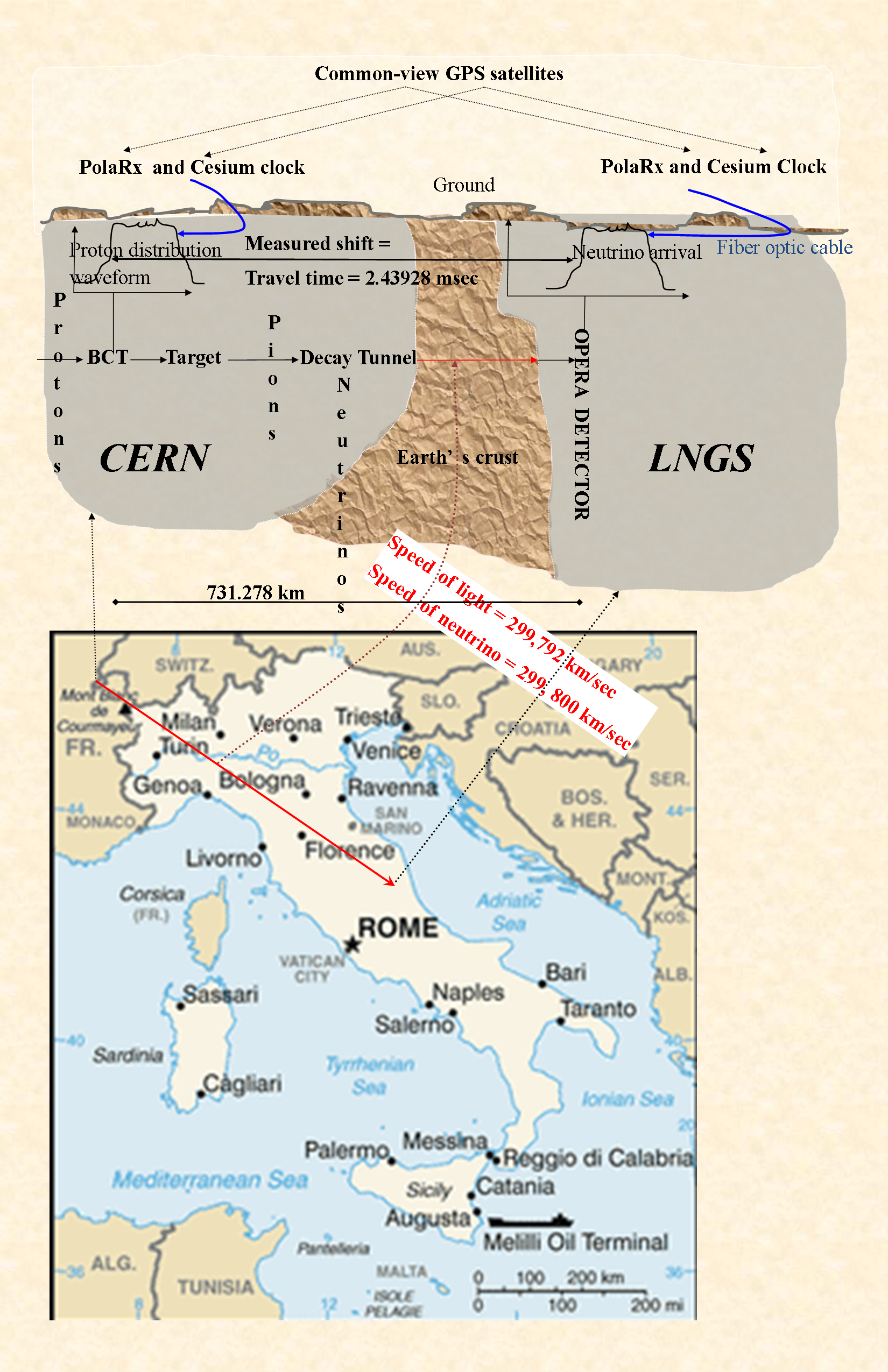

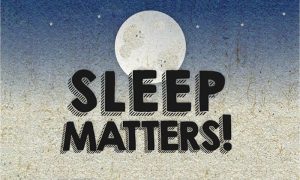
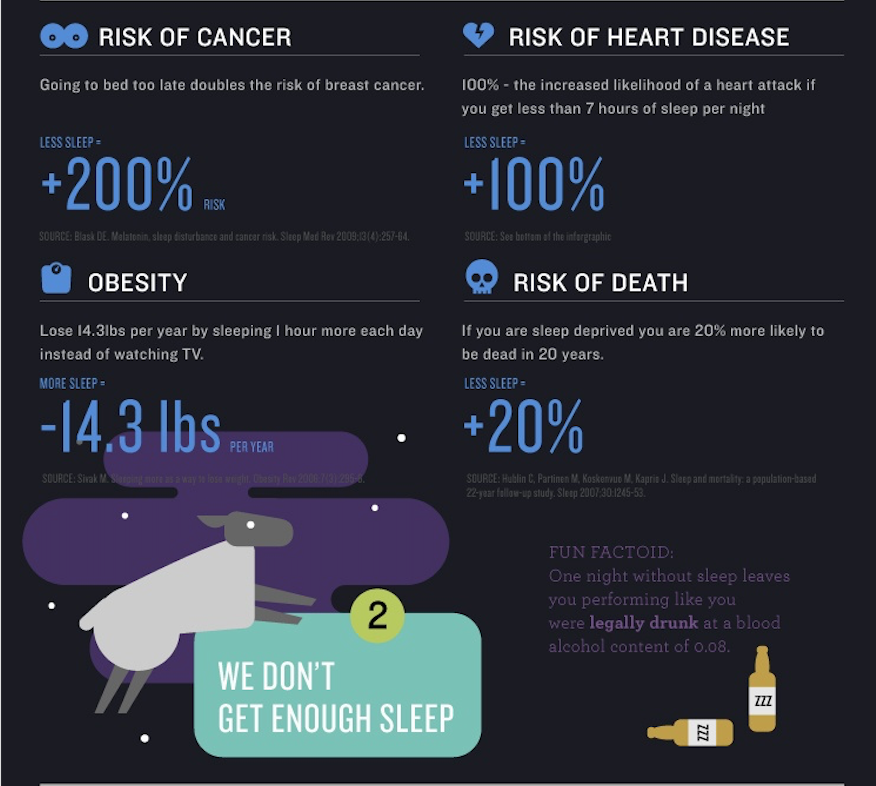

 Image Resource: Iter.org
Image Resource: Iter.org Image Resource: Pexels
Image Resource: Pexels

